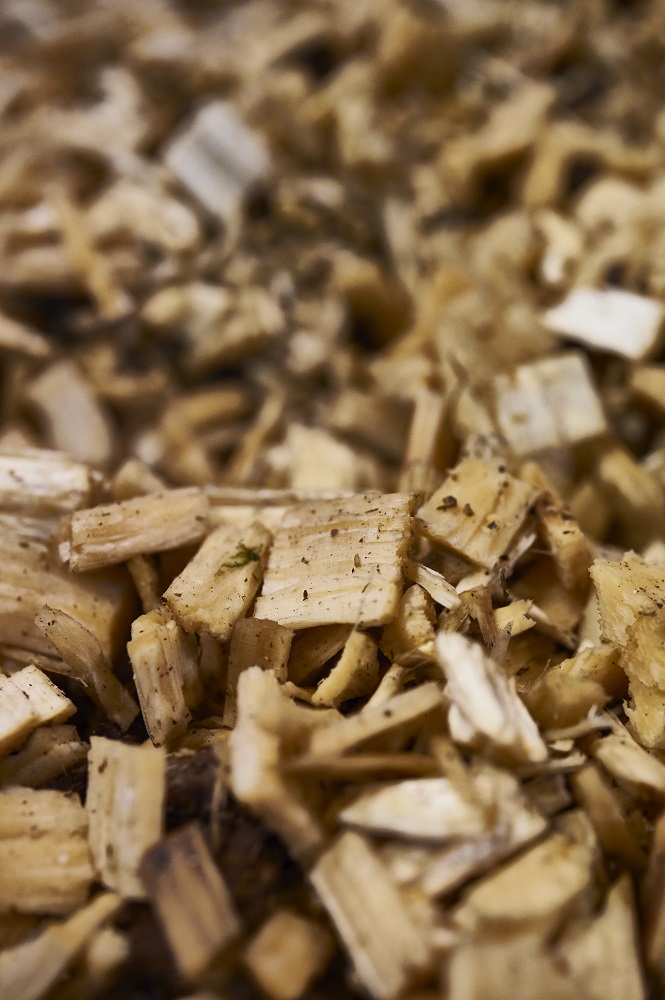The Ulster Farmers’ Union says it is outraged by the proposals from the Department of Economy (DfE) to drastically reduce RHI tariffs. It says the plans are completely unacceptable and will devastate farmers who are already struggling under the current reduced RHI tariff schedule. It says the plans will ultimately make Northern Ireland’s poultry industry less competitive, as many poultry farmers are involved in the RHI scheme.
Commenting after DfE announced the plans UFU deputy president, Victor Chestnutt said: “A further reduction in tariffs is a crushing blow to farmers who entered the scheme – encouraged by politicians, government departments, and processors – in good faith and have used the scheme responsibly. Farmers didn’t design the flawed scheme and it is utterly shameful they are being made scapegoats for the failures of others.”
UFU staff have already fielded numerous calls from farmers who are seriously concerned about the future of their businesses as a result of these proposals. Chestnutt said: “Many are angry and feel conned by the politicians and civil servants who ultimately have a duty of care to the public, which includes the farmers who entered into the RHI scheme.”
The aim of the RHI scheme was to deliver a greener industry and final product, by reducing fossil fuel use and improving animal welfare standards. In 2018, DfE consulted on the future of the scheme. However, the UFU says the consultation was based on fundamentally flawed assumptions and DfE has effectively ignored the views of the majority of respondents. “The proposed plans do not add up. Under the new proposals farmers stand to lose £10,000 per year per boiler, which when you factor in loan repayments, maintenance and fuel costs is completely unsustainable. The danger is that these destructive proposals will be pushed through Westminster without an adequate level of legislative scrutiny and no regard for the devastating impact on recipients. It is another example of a department riding roughshod over the public while there are no local Ministers or NI Executive to be held accountable to.”
The UFU says DfE’s plans also put NI’s poultry industry at a competitive disadvantage. “Tariffs offered in other regions, such as Great Britain and the Republic of Ireland, more accurately reflect the cost of installing, running and maintaining boilers. The result is that farmers in these regions are able to produce birds at a lower cost, making them more competitive in the market place. Further cuts to the RHI tariff will have serious ramifications for the future of Northern Ireland’s poultry industry,” said Chestnutt.
The further reduction in tariff comes 24 months after the initial introduction of reduced RHI tariff rates. “A number of farm businesses, particularly in the poultry sector, have been under severe financial pressure the last two years. Many are just barely managing under the current reduced tariff. Further reducing the tariff jeopardises the viability of many of these business and the mental and physical health of farmers. DfE’s plans effectively sacrifice family farm businesses in a bid to cover up the failures of civil servants. This is totally unacceptable,” said the UFU deputy president.
The UFU will meet the Department for Economy’s permanent secretary on 28 February to discuss the RHI tariff proposals and outline the devastating impact they will have on farmers in the scheme. The UFU has also written to Secretary of State, Karen Bradley, about the issue and will be requesting an urgent meeting. Local MPs at Westminster will also be contacted to highlight concerns.


